
|
Home I About the Author I News I A Point of Reference I 1960 Destination Israel vanderlaaken.com |
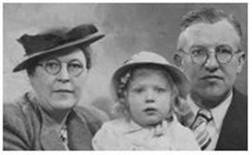
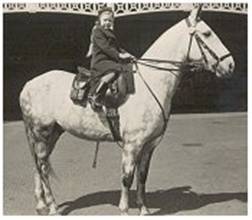
|
Copyright 2008 - All Rights Reserved |
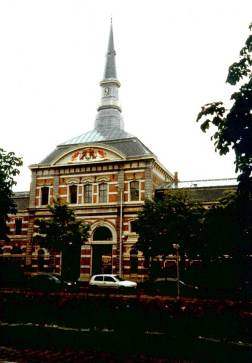
|
Purchasing Options A Point of Reference Xlibris, Publisher At internet retailers: Amazon.com The following information can be utilized to purchase or order the book at a local book reseller: Title: A Point of Reference |
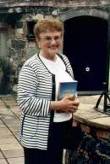
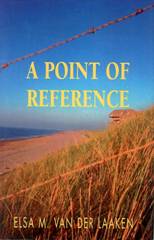
|
A Point of Reference |
|
A Point of Reference, explores a young Dutch girl’s perspective of the Nazi occupation of Holland during Word War II. In her memoir Elsa M. van der Laaken relives the WW II years in The Hague, Holland where she was born in 1936. She was almost four years old when Hitler's war machines attacked the neutral country like "thieves in the night" and the Nazi High Command decided to settle in her city. The act of war shattered the stability of the van der Laaken household. Her Dutch father, in Queen Wilhelmina's service, had his job put on hold when a German lawyer took charge of all the Royal properties. Her German mother became suddenly "the enemy" in the eyes of the angry Dutch in the neighborhood. The family lived in a house that came with her father's job at the Royal stables. Her father agreed to be the driver for the German lawyer while both parents secretly helped the Dutch resistance. They continued to live in the Royal Stables´ house under Nazi scrutiny. From the start of the war in 1940 the complex events that surround the young girl, and the reaction of her parents, become a point of reference and form her insight. The child's view of a loving and safe environment in Old World Europe depict family members, their kitchens, food and the community spirit when the family pig is slaughtered, lovingly. These events are in sharp contrast with the Nazi Doctrines that affected her life during the war years. We learn about the secret radio and the uplifting effect Churchill's war speeches had on the family, also about the "divers," the hiding people who passed through her house. We feel the fear when a fired V2 rocket returns from where it came and when a Nazi soldier blocks her way home from school. Much is revealed when she grips her father's hand when they enter "the lion's den," a famous restaurant taken over by the Nazis. The experience of the tale is told through the eyes of a child, and is in this way fresh and void of prejudice. We observe Elsa's loyalty to her parents and the resourcefulness of the latter. Survival was incredibly difficult during the winter of 1945 when people in the west of Holland had to survive on 340 calories per day. The cruelty of the Nazi regime reached a peak in her young life when her cousin was executed one month before liberation. This tragic event is followed by the joyous accounts of "Operation Manna-Chowhound," the U.S.A. ordered food-droppings over the starving west of Holland, and finally freedom. The epilogue describes the years following the liberation by the Allied soldiers. Although it took until 1950 to sort out who and what had been good or evil in Holland during the chaotic war years, there was a fair outcome concerning the fortunes of the van der Laaken family. Her experiences point to the ingenuity of the human spirit in troubled times - from her father’s conversion of a bicycle into a press that extracted oil from rape-seed, to the grating of white sugar beets as a sugar replacement. Van der Laaken depicts the Nazi occupiers with insight, noting that many of them were anonymous pawns in a game of global dominance. Upon receiving the gift of an egg from a friendly Nazi soldier, her mother astutely noted that war affects everyone involved, stating, “Some soldiers are just country boys who had to leave home too soon.” Indeed being a German married to a Dutchman gives the author’s mother a layer of added gravitas that makes the story more poignant, and illustrates that making the choice between right and wrong is not something that should be guided by nationality, religion, or political affiliation, but by the moral high ground. As a peer of van der Laaken wrote, “it’s easy for us, not having faced a real war in our adult lives, to forget how horrible life is for everyone…and easy to forget how wonderful our lives are because of it.” Van der Laaken’s powerful novel underscores this point with stunning and uncanny accuracy.
|